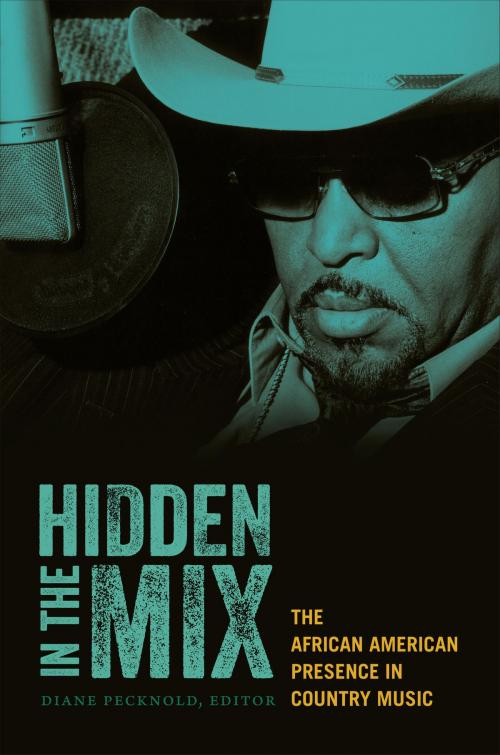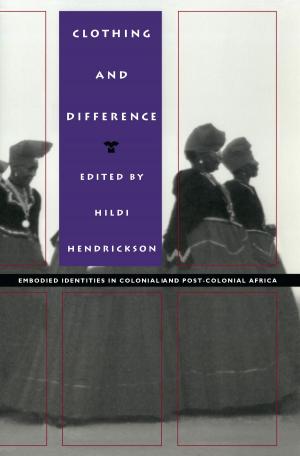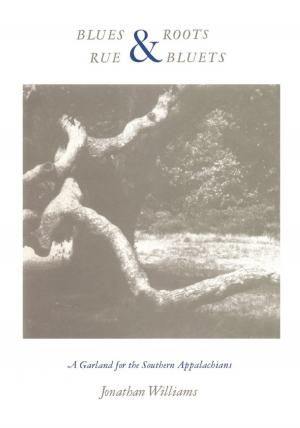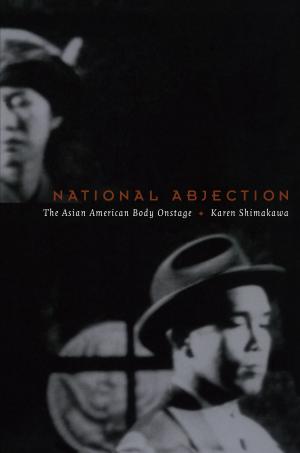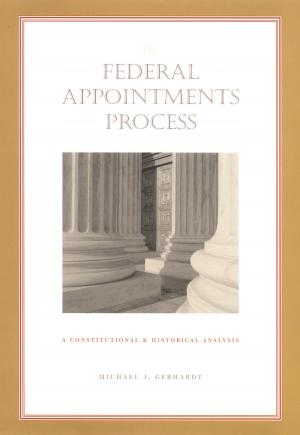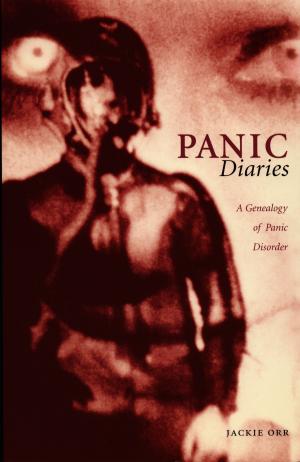Hidden in the Mix
The African American Presence in Country Music
Nonfiction, Entertainment, Music, Music Styles, Country, Social & Cultural Studies, Social Science, Cultural Studies, African-American Studies, Popular Culture| Author: | ISBN: | 9780822394976 | |
| Publisher: | Duke University Press | Publication: | July 10, 2013 |
| Imprint: | Duke University Press Books | Language: | English |
| Author: | |
| ISBN: | 9780822394976 |
| Publisher: | Duke University Press |
| Publication: | July 10, 2013 |
| Imprint: | Duke University Press Books |
| Language: | English |
Country music's debt to African American music has long been recognized. Black musicians have helped to shape the styles of many of the most important performers in the country canon. The partnership between Lesley Riddle and A. P. Carter produced much of the Carter Family's repertoire; the street musician Tee Tot Payne taught a young Hank Williams Sr.; the guitar playing of Arnold Schultz influenced western Kentuckians, including Bill Monroe and Ike Everly. Yet attention to how these and other African Americans enriched the music played by whites has obscured the achievements of black country-music performers and the enjoyment of black listeners.
The contributors to Hidden in the Mix examine how country music became "white," how that fictive racialization has been maintained, and how African American artists and fans have used country music to elaborate their own identities. They investigate topics as diverse as the role of race in shaping old-time record catalogues, the transracial West of the hick-hopper Cowboy Troy, and the place of U.S. country music in postcolonial debates about race and resistance. Revealing how music mediates both the ideology and the lived experience of race, Hidden in the Mix challenges the status of country music as "the white man’s blues."
Contributors. Michael Awkward, Erika Brady, Barbara Ching, Adam Gussow, Patrick Huber, Charles Hughes, Jeffrey A. Keith, Kip Lornell, Diane Pecknold, David Sanjek, Tony Thomas, Jerry Wever
Country music's debt to African American music has long been recognized. Black musicians have helped to shape the styles of many of the most important performers in the country canon. The partnership between Lesley Riddle and A. P. Carter produced much of the Carter Family's repertoire; the street musician Tee Tot Payne taught a young Hank Williams Sr.; the guitar playing of Arnold Schultz influenced western Kentuckians, including Bill Monroe and Ike Everly. Yet attention to how these and other African Americans enriched the music played by whites has obscured the achievements of black country-music performers and the enjoyment of black listeners.
The contributors to Hidden in the Mix examine how country music became "white," how that fictive racialization has been maintained, and how African American artists and fans have used country music to elaborate their own identities. They investigate topics as diverse as the role of race in shaping old-time record catalogues, the transracial West of the hick-hopper Cowboy Troy, and the place of U.S. country music in postcolonial debates about race and resistance. Revealing how music mediates both the ideology and the lived experience of race, Hidden in the Mix challenges the status of country music as "the white man’s blues."
Contributors. Michael Awkward, Erika Brady, Barbara Ching, Adam Gussow, Patrick Huber, Charles Hughes, Jeffrey A. Keith, Kip Lornell, Diane Pecknold, David Sanjek, Tony Thomas, Jerry Wever
